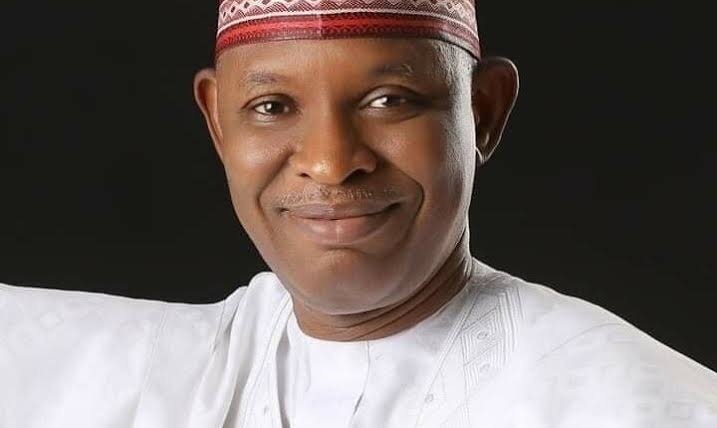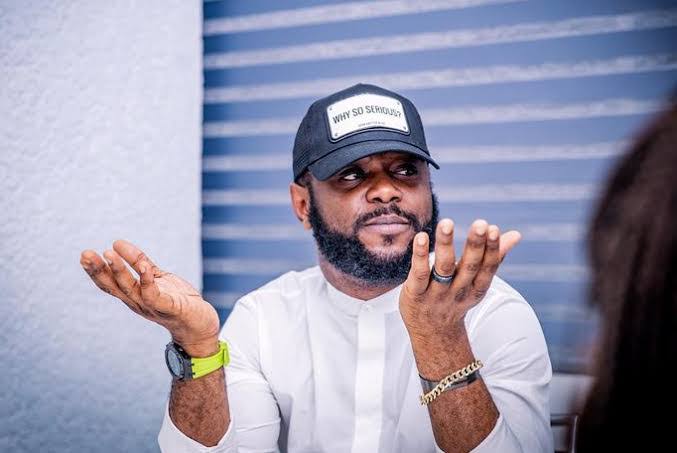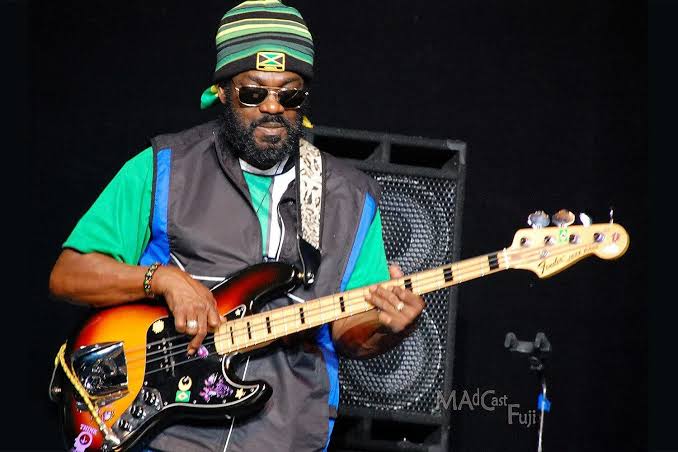Abba Kabir Yusuf was born on January 5, 1963, in Gaya, a town located in Kano State, Nigeria. He hails from the Sullubawa segment of the Genawa Clan within the Fulani ethnic group. His journey of knowledge began at an early age when he embarked on his Islamic education under the tutelage of his late grandfather, Alhaji Yusuf Bashari, who served as the district head of Gaya.
His formal education commenced with attendance at Sumaila Primary School, and he later pursued his secondary education at Government Secondary School Lautai, achieving his First School Leaving Certificate in 1980. Abba Kabir Yusuf’s educational journey continued as he went on to the Federal Polytechnic in Mubi, where he earned a National Diploma in Civil Engineering in 1985. Subsequently, he obtained a Higher National Diploma in Civil Engineering, specializing in Water Resources/Environmental Engineering from Kaduna Polytechnic in 1989. Following this, he fulfilled his mandatory one-year National Youth Service Corps (NYSC) commitment at Kaduna Environmental Protection Agency between 1989 and 1990.
His pursuit of knowledge remained unwavering, as he furthered his academic endeavors at Bayero University, Kano. There, he successfully obtained a Postgraduate Diploma and a Master’s Degree in Business Administration. Abba Kabir Yusuf’s dedication to professional development is evident through the various certificates and memberships he holds from both local and international organizations.
Abba Kabir Yusuf embarked on his professional career as an engineer within the Kano State Water Resources Engineering and Construction Agency (WRECA). Over the years, he assumed various roles and ascended to the position of Director. Additionally, he served as the Chairman of the Governing Board of the National Institute for Educational Planning and Administration (NIEPA) in Ondo State from 2009 to 2011.
In 1999, he took his first steps into the realm of politics, joining the ranks of the Peoples Democratic Party (PDP). His political journey reached a milestone when he was appointed as the Commissioner for Works, Housing, and Transport in Kano State, holding this position from 2011 to 2015 during Governor Rabiu Musa Kwankwaso’s administration. He also played a pivotal role as the Director-General of the Kwankwasiyya Movement, a political platform founded by Kwankwaso.
Abba Kabir Yusuf made a significant political stride when he contested the governorship of Kano State in 2019 as a candidate of the PDP. Although the election involved a controversial supplementary round, he was defeated by the incumbent Governor Abdullahi Umar Ganduje of the All Progressives Congress (APC). In response, he challenged the election results in both the tribunal and the appeal court but experienced defeats in both cases.
In 2022, Abba Kabir Yusuf decided to part ways with the PDP, citing irreconcilable differences with the party’s leadership. This decision led him to join the New Nigeria Peoples Party (NNPP). His political journey with NNPP culminated in his successful emergence as the party’s gubernatorial candidate for Kano State in 2023. He achieved a significant electoral victory with 1,019,602 votes, securing his position as the Governor of Kano State. On May 29, 2023, he was officially inaugurated as the Governor of Kano State.
Abba Kabir Yusuf is happily married to Hajiya Maryam Rabiu Musa Kwankwaso, who happens to be the daughter of his political mentor and father-in-law, Rabiu Musa Kwankwaso. The couple shares four children: Aisha, Fatima, Khadija, and Muhammad Kabiru.
As of 2022, Abba Kabir Yusuf is estimated to possess a net worth of $1.5 million, as reported by Wikilogy. His contributions to society go beyond his political career, as he is known for his philanthropic endeavors. He actively supports various sectors, including education, healthcare, and infrastructure development within Kano State. Furthermore, he advocates for peace and unity among the diverse ethnic and religious communities of Nigeria.



